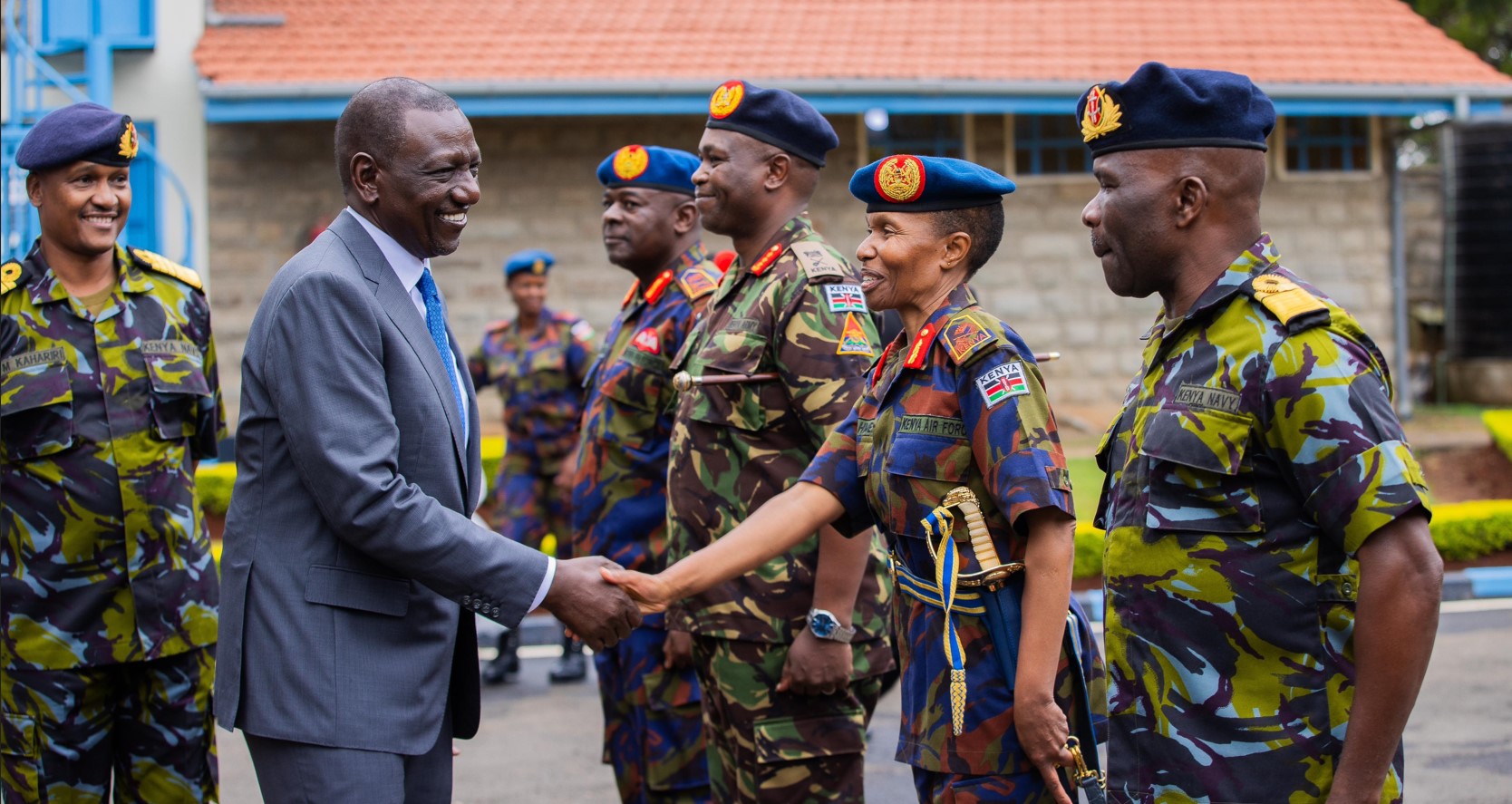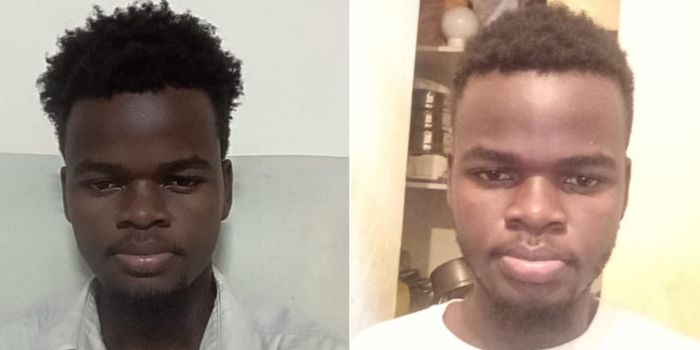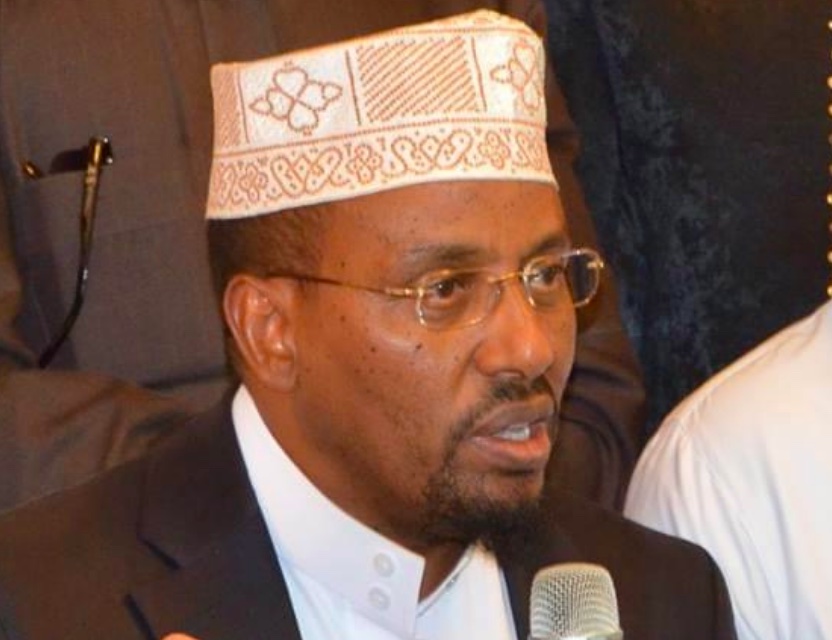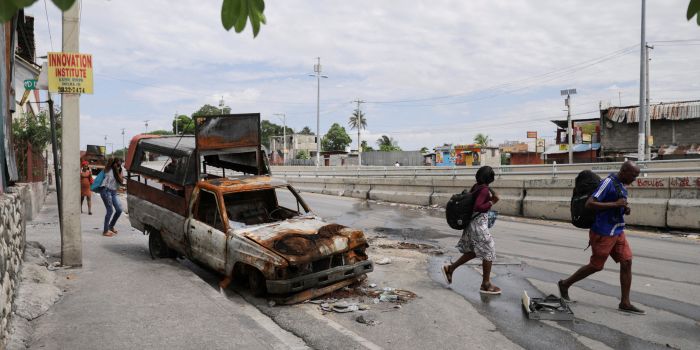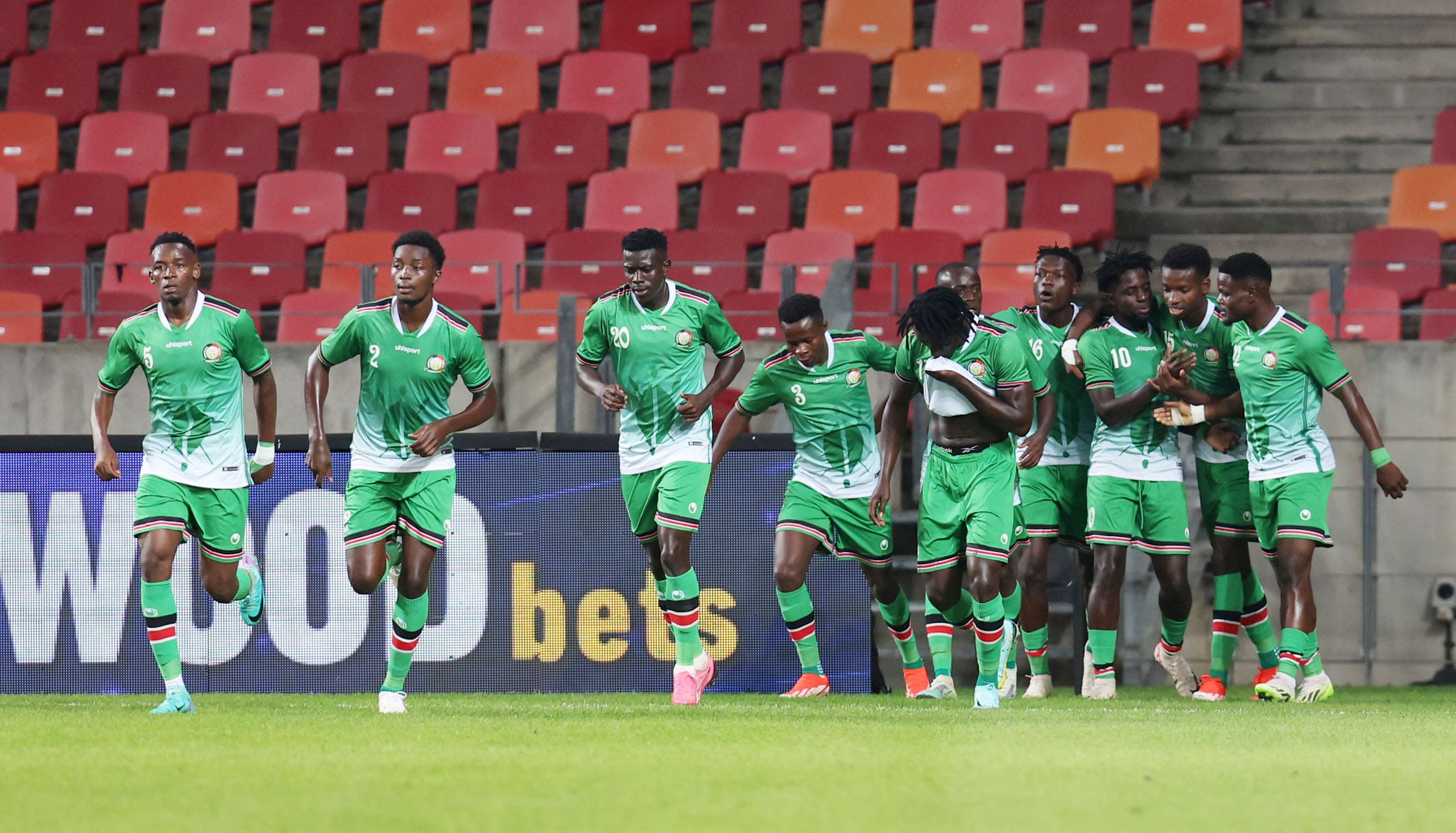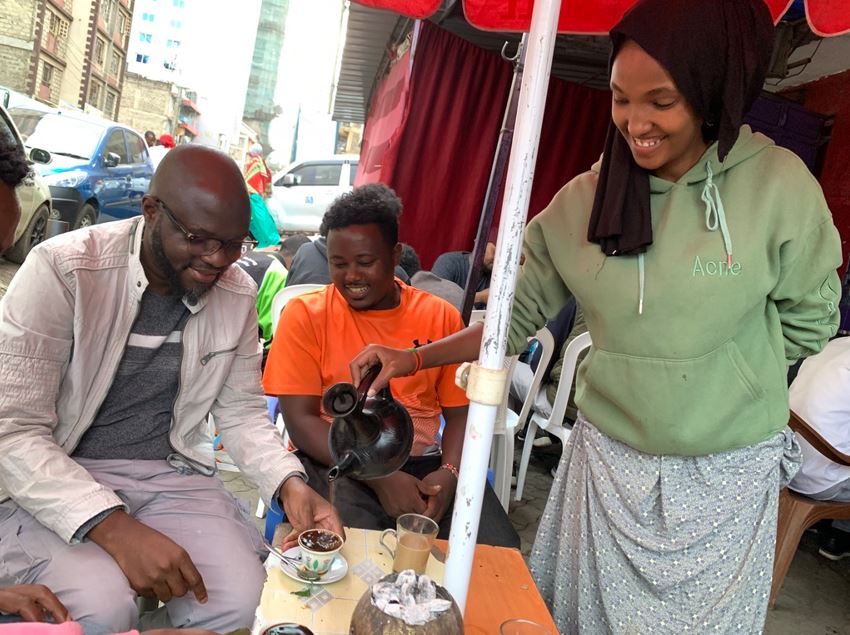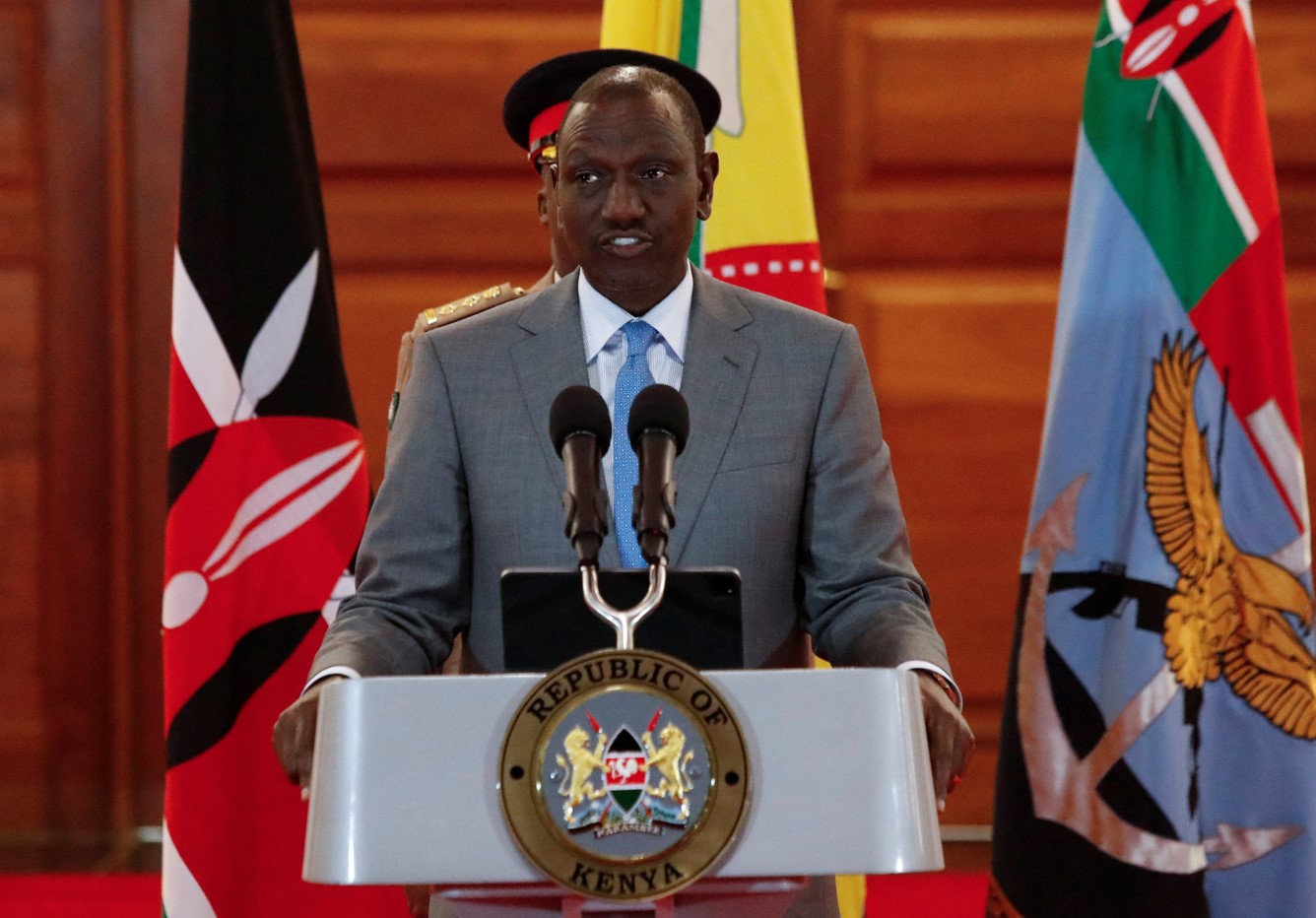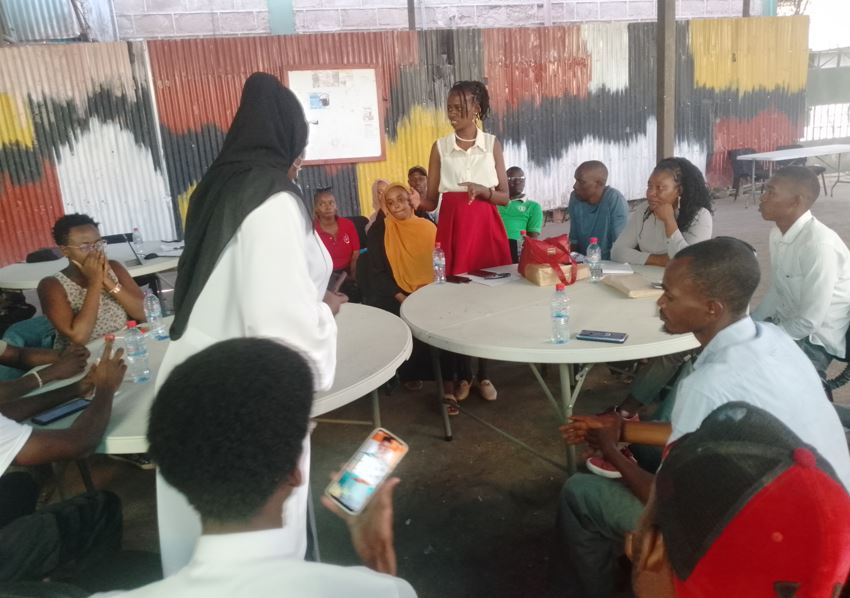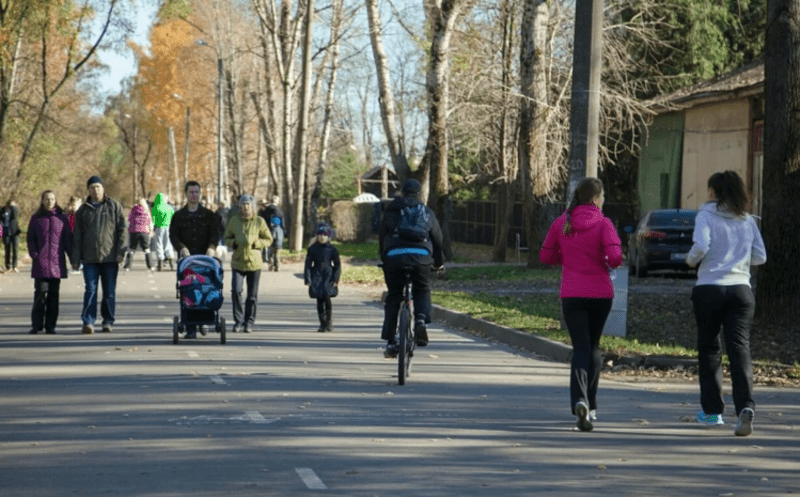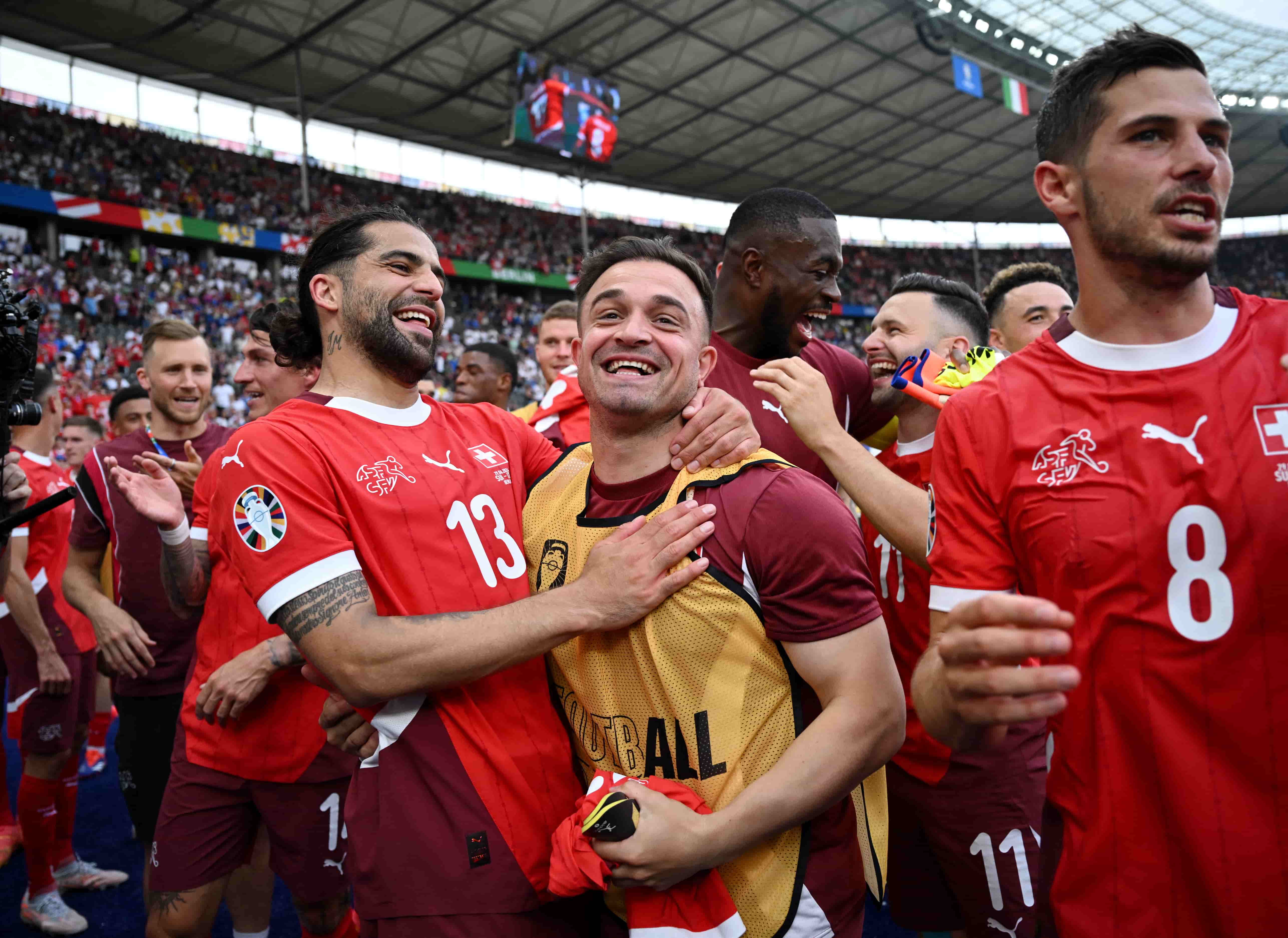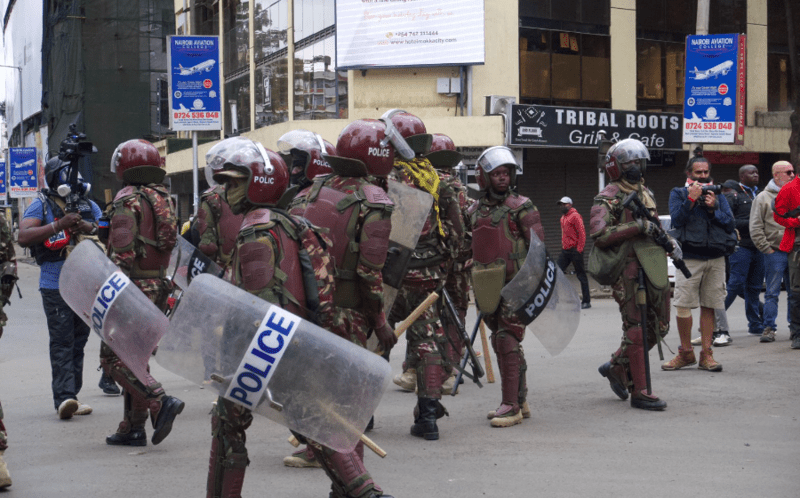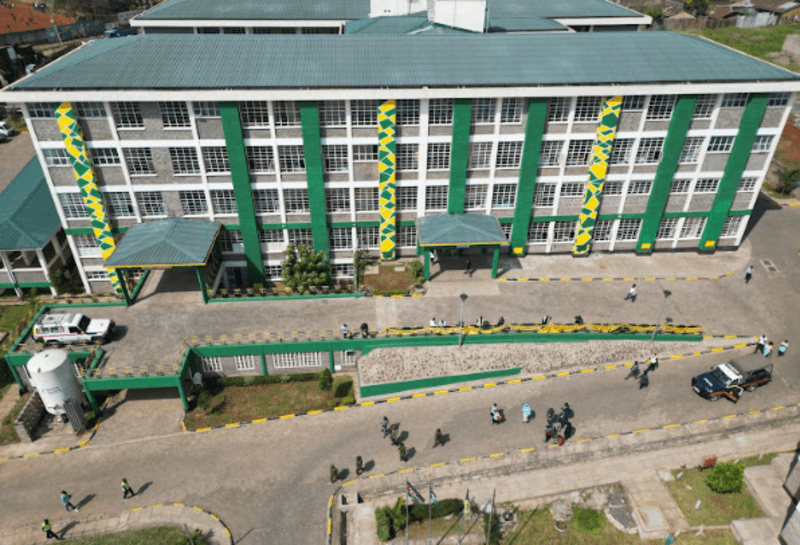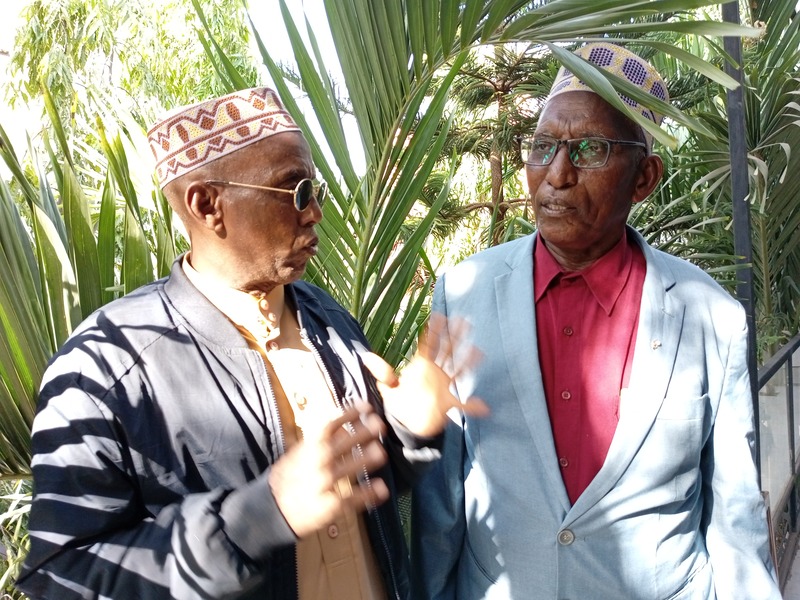World Bank's IFC refuses compensation to victims of harm in African schools
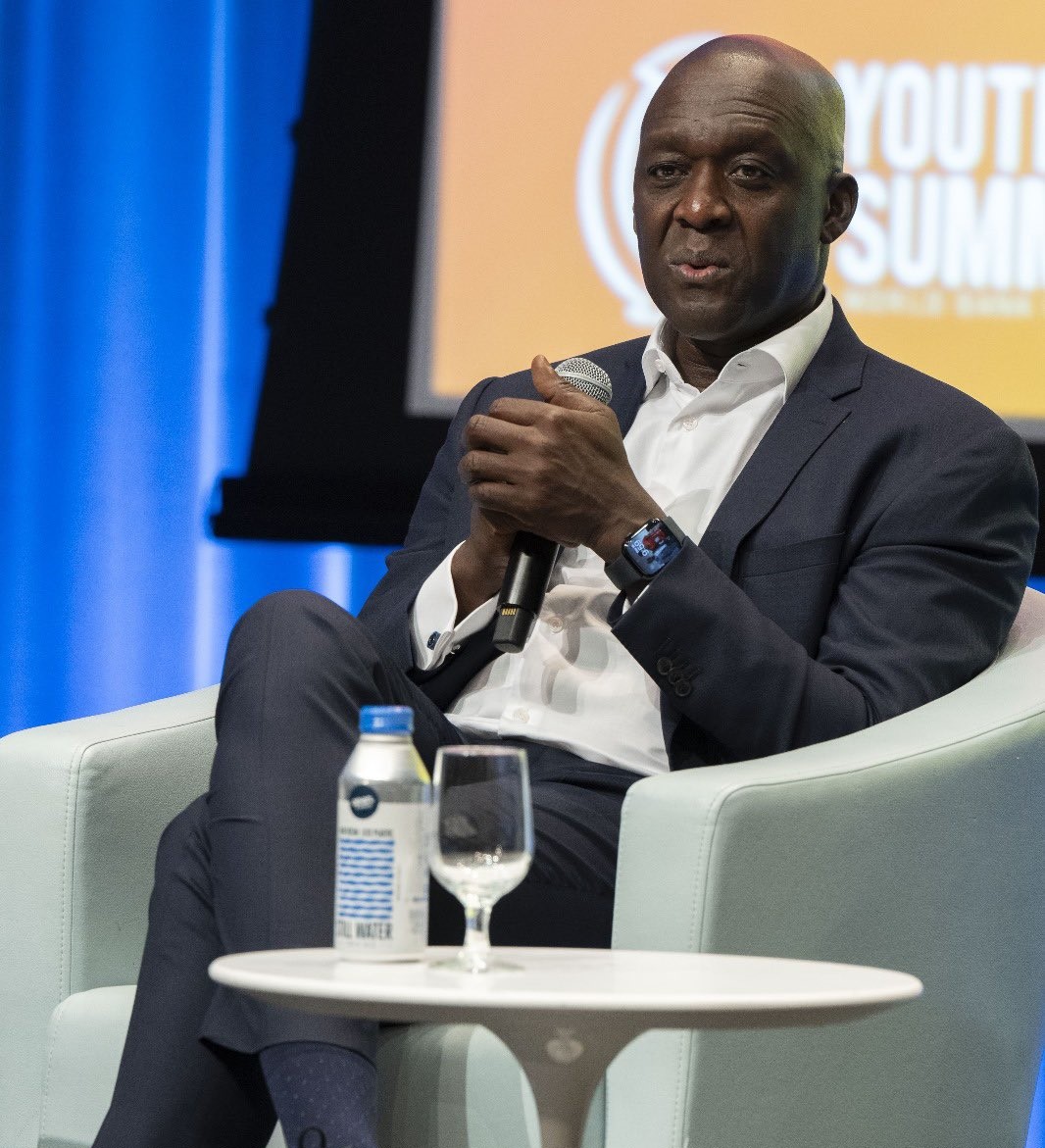
By Erick Kariuki |
The investigation focused on IFC's oversight of Bridge International Academies regarding systems to prevent and respond to child sexual abuse, as outlined in Sustainability Policy and Performance Standards 1 and 4.
Despite appeals from victims of sexual, physical, and financial harm, the International Finance Corporation (IFC), the private investment arm of the World Bank, remains steadfast in its decision not to compensate schools it funded in Kenya and other African countries.
In February 2020, the Compliance Advisor Ombudsman (CAO), an independent accountability mechanism for IFC and MIGA projects, conducted a field visit to Kenya to investigate the complaints.
Keep reading
During the CAO's investigation, initiated in January 2021 after becoming aware of sexual allegations during a field visit to Kenya in February 2020, findings indicated that the International Finance Corporation (IFC) failed to meet its environmental and social obligations.
The investigation focused on IFC's oversight of Bridge International Academies regarding systems to prevent and respond to child sexual abuse, as outlined in Sustainability Policy and Performance Standards 1 and 4.
The CAO report highlighted that IFC did not adequately assess the project's risks related to child sexual abuse or ensure its client's capacity to meet environmental and social standards in this regard.
"Child sexual abuse is unacceptable in any project financed by the IFC," said IFC Managing Director Makhtar Diop.
"Drawing lessons from this case, we are committed to improving our systems and ensuring a zero-tolerance culture for gender-based violence and child sexual abuse. We are recruiting additional GBV experts and are rolling out new training for IFC staff which includes clear reporting and escalation protocols. In Kenya, we will provide funding to support established remediation and prevention programs led by organizations with a solid track record of addressing child sexual abuse and gender-based violence. As part of our systemic improvements, we will also be adding specific provisions on child protection and GBV to IFC's Sustainability Framework when it is updated."
The first issue was reported in 2016 and since then civil society groups have been pushing for justice to be served and victims to be compensated.
"Any organization that is serious about their commitment to child protection and their duty of care to children in their custody would do everything possible to support these girls right now and to compensate them for the long-term harm they have suffered," David Pred, Executive Director of Inclusive Development International emphasised.
The World Bank Group was set to vote on whether to approve IFC`s plan to decline compensating Sh173.9 million on June 13, 2024.



